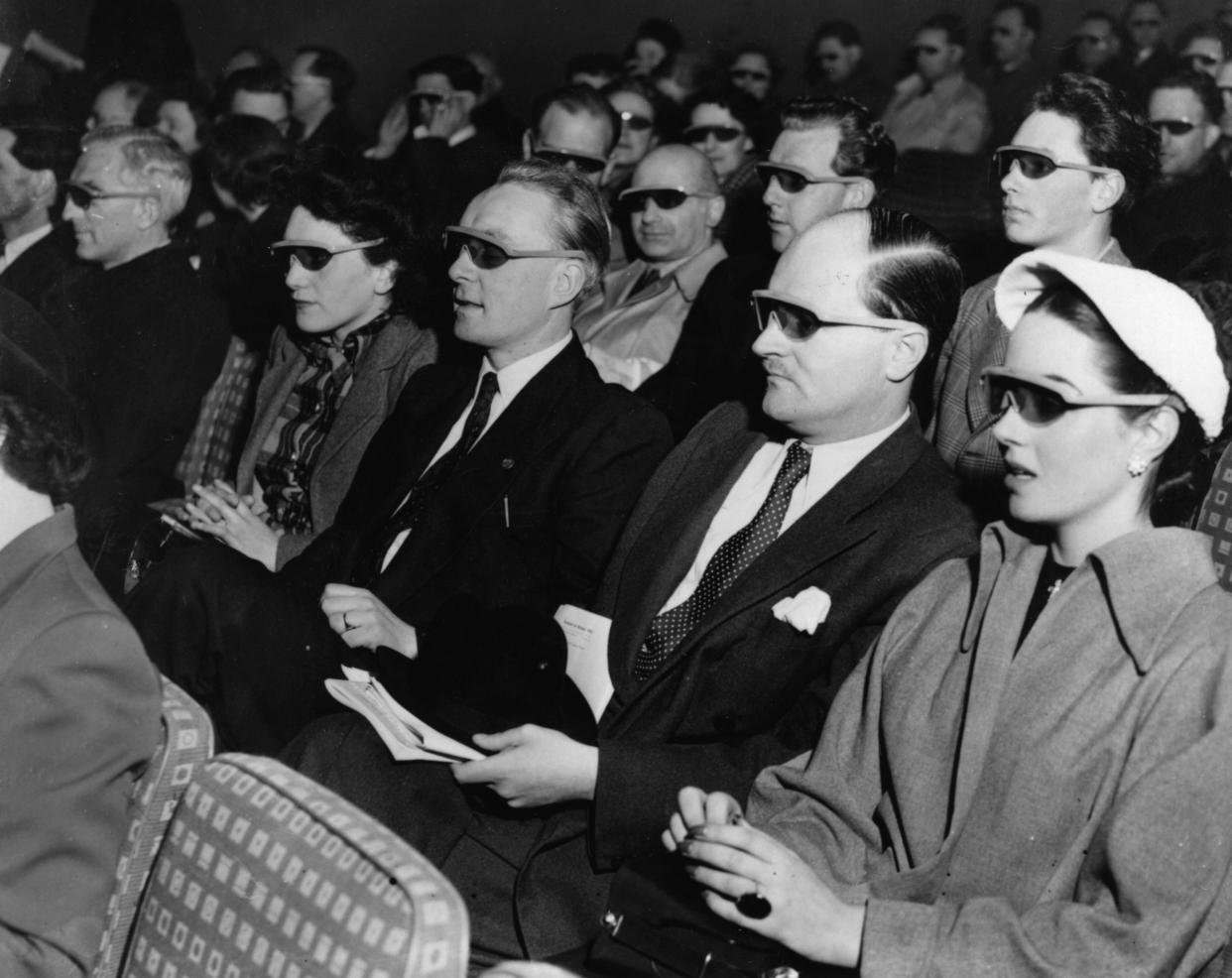Apple Gives 3D Another Whirl, Stacks Titles in Apple TV App Ahead of Next Year's Vision Pro Launch

Looking to provide programming for the launch its pricey new VR headset early next year, the $3,500 Vision Pro, Apple is making 3D movie titles available in the Apple TV app.
According to a FlatPanelsHD report, 3D movie titles including Jurassic World Dominion, Pacific Rim Uprising, Trolls, Minions: The Rise of Gru and Everest show up when you click on a 3D icon (which resembles a headset) that appears in tvOS 17.2's redesigned Apple TV app. The icon sits alongside other menu items including “Dolby Atmos” and “4K.”
Since the titles are unplayable in 3D without the matching, as-yet-unreleased Vision Pro headset, it’s unclear what resolution and frame they will play in.
FlatPanelsHD also said that Apple is also gearing up an Apple TV Plus series in its new “immersive video” 3D format. One of the first titles rumored to be shot in this format is the Godzilla series Monarch: Legacy of Monsters.
When the Vision Pro headset was first announced in June, Apple confirmed that it would support 3D technologies and screened James Cameron’s Avatar: The Way of Water in the format.
This isn't the first time an effort has been made to bring 3D technology. Following the landmark 2009 debut of James Cameron's original Avatar, there was a renewed interest in the 3D format, with set makers launching 3D-capable big-screen sets and Disney/ESPN announcing a 3D programming channel.
As this TV Insider report details, none of these efforts gestated a lasting enterprise.
With technology that was far from perfect— expensive glasses that often looked dim, or had a narrow viewing angle — and a saturation of films and movies that were sloppily converted to 3D formats after release, 3D television just couldn’t get off the ground.
After Samsung and Phillips declared the format unprofitable and gave up on it in 2016, the rest of the industry followed.

